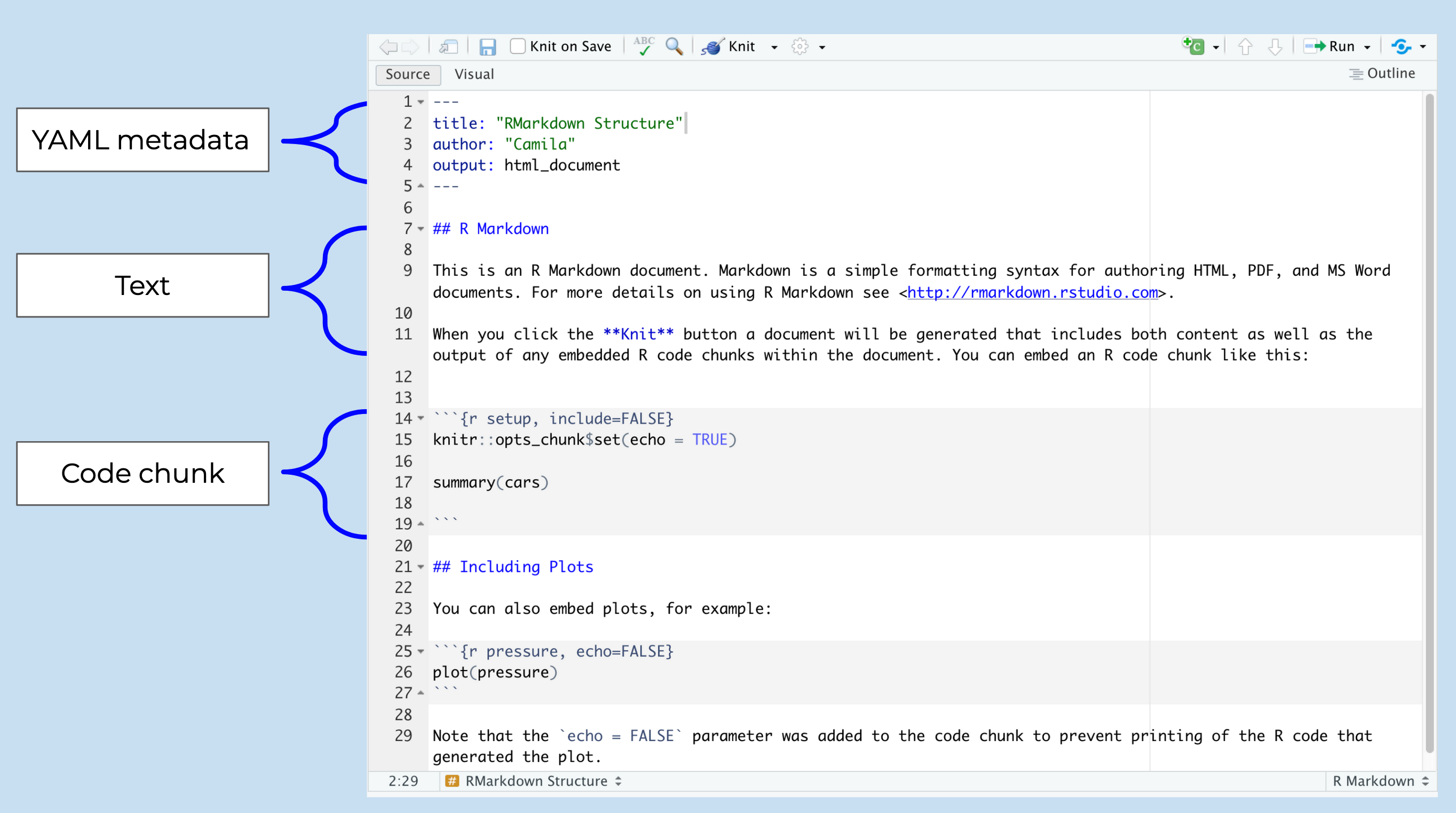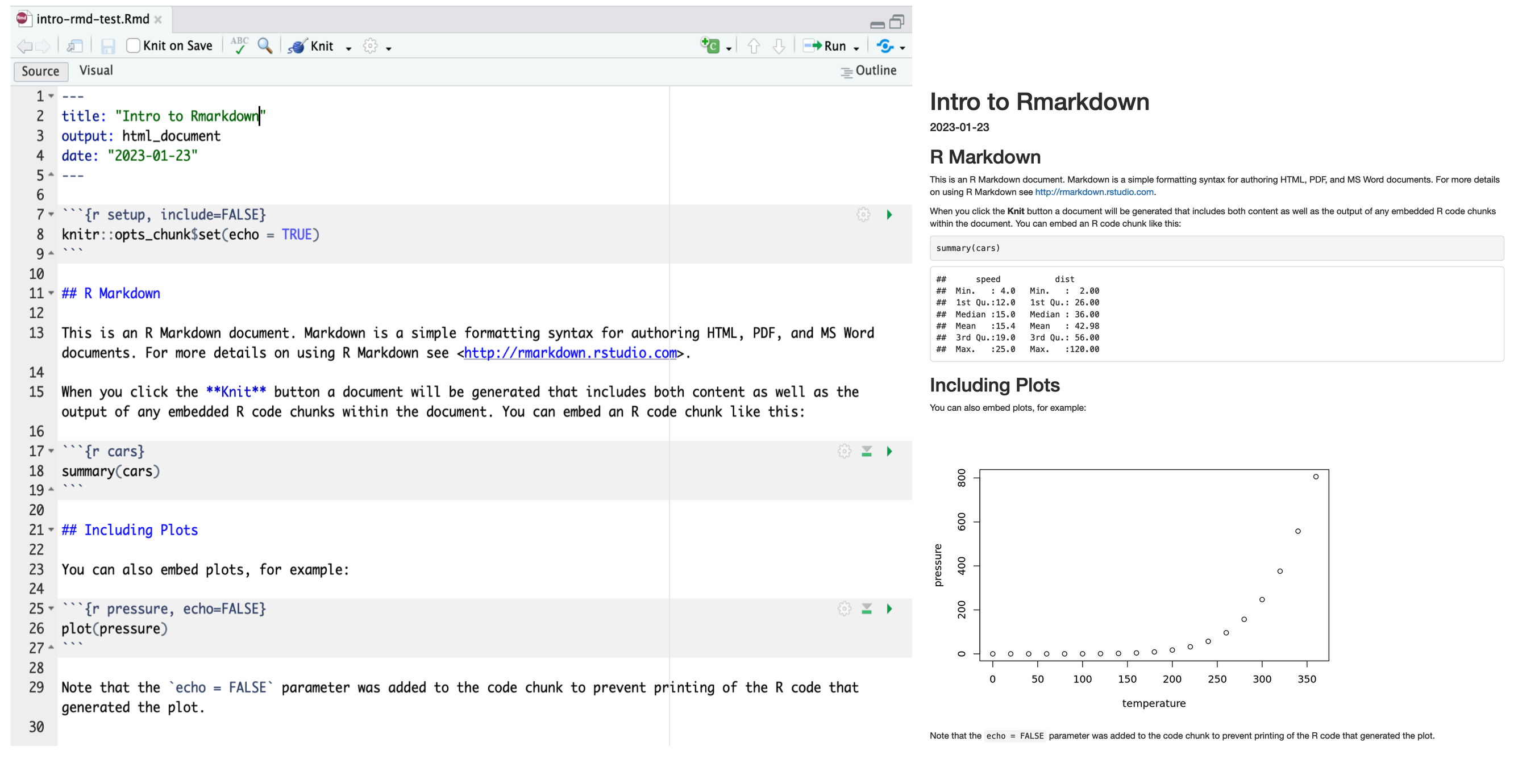I know you said hold back from making comments, but something that was always missing in Rakudo and probably roast, is not recognizing formatting codes in declarator blocks:
#| Some B<subroutine>
sub foo {}I think it should be supported(along with L<> and others), since they are docs as well.
I don't know the new RakuDoc supports this though.



With the move to RakuAST, it seemed a good time to review the POD6 specification/documentation. There is more detail on this in a blog post I wrote on DEV.
There is also a minute by the Raku Steering Council about the process for the revision The aim is to find a way to get a timely change to a standard, whilst making the process transparent and open to the community.
We have just started the BETA period, which will last to 1 August. Damian Conway, who wrote most of the design of POD6, is taking an active part in this process.
Around the beginning of August, an issue will be opened in Raku/docs with the new RakuDoc document, and a link here. Hopefully a more stable version of the document will be available for the Raku community to comment on by that time. The GAMMA period will last to 1 November to give enough time for everyone to comment and for us to reach a consensus about the new specification.
The current state of the document is still a bit fluid because the structure has been changed to make parts of it clearer, to document things that existed before in POD6 but were unknown, RakuAST offers more that just
$=podand there are typos.....But some things are beginning to clarify. For (a somewhat trivial) example, the markup language will be called
RakuDoc(note the camel case) and the file extension will be.rakudoc(which it has been for some time)For those who are interested, the latest iteration in HTML can be seen at new-raku rakudoc
Please hold back from making comments / suggestions yet. Everyone will have a chance to comment in August. The online version is DEFINITELY going to change in some way, so your red flag might disappear.
The document is quite long, and hopefully explains why RakuDoc offers more possibilities than just documenting code.